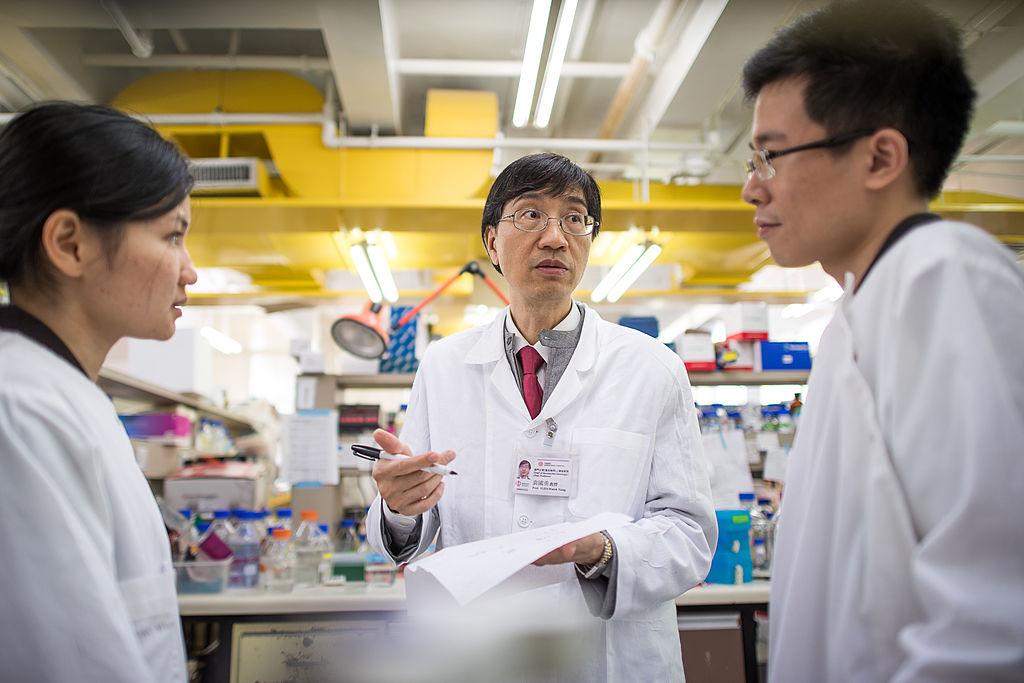A well-known Hong Kong microbiologist is the latest to reveal information on how Beijing initially covered up China’s outbreak of the CCP virus, adding to a pile of evidence about authorities’ mismanagement of the pandemic crisis.
Professor Yuen Kwok-yung, an infectious disease expert at the University of Hong Kong (HKU), was among a team of experts headed by China’s top respiratory specialist Zhong Nanshan dispatched on a fact-finding mission to Wuhan, where the virus first broke out, on Jan. 19.




